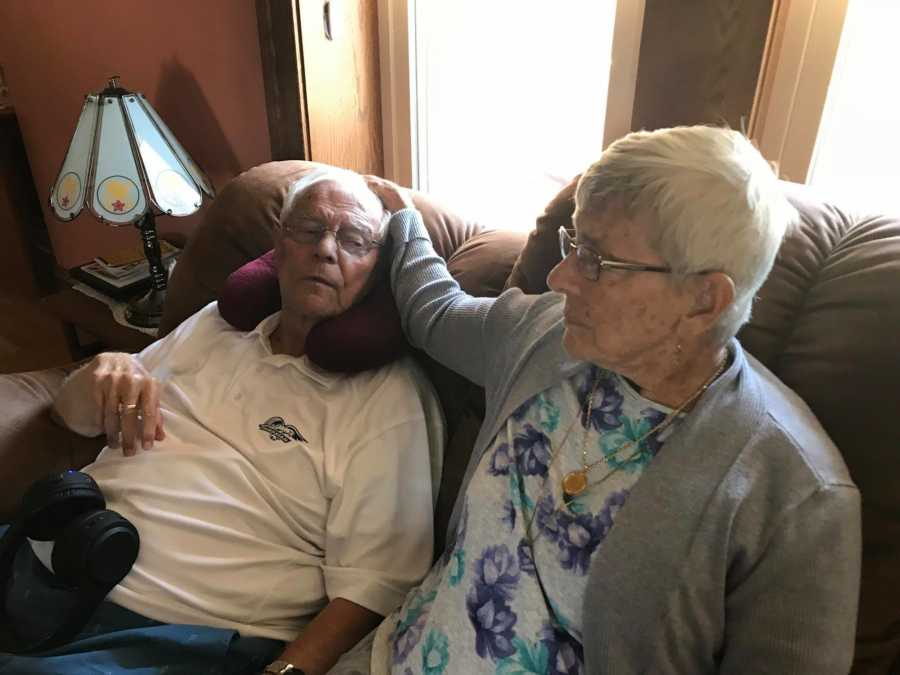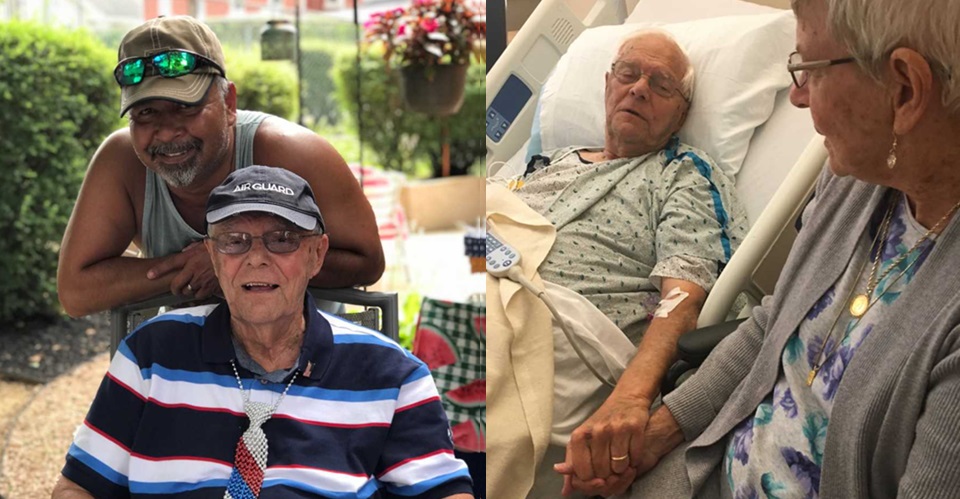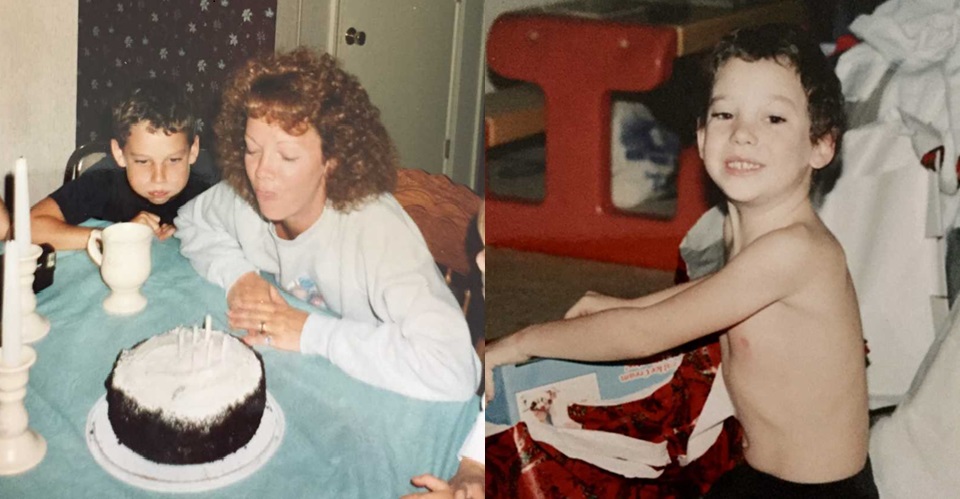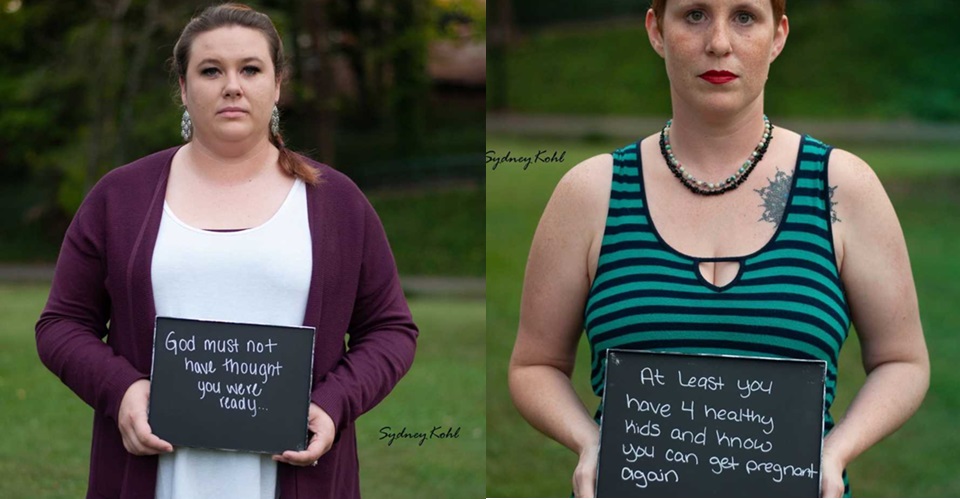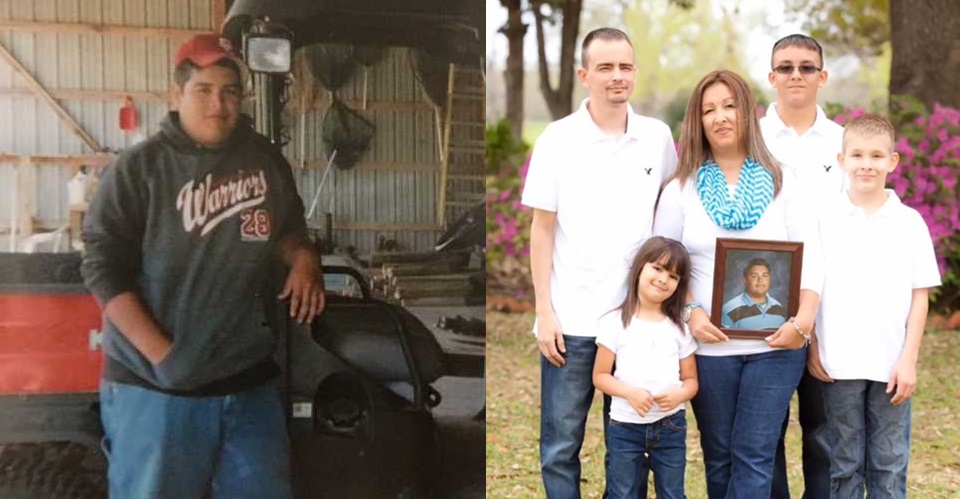It had been a week of small signs that something was off with Carl. Who knew it would be Dementia! The family kept telling themselves he was just tired. He always seemed tired lately. He carried the weight of his wife’s care on his shoulders, and even though there were two caregivers and an aunt helping, Carl still refused to let anyone else do the heavy lifting. When she called his name, he was there. Always. The caregivers were firm but gentle, stepping in when they could, but Carl couldn’t say no to the woman he’d spent his life with.
On a Sunday morning at breakfast, Carl leaned toward his daughter and said quietly, “I think I should see a doctor after this.” His children offered to take him immediately, but Carl insisted on finishing breakfast first. It was a small, ordinary family scene — eggs on plates, the smell of coffee, his wife arguing about going along. The kids knew if she went, it would be chaos. She didn’t care. Carl, ever the peacemaker, said she could come, but his kids ignored him and gently distracted her instead. She was angry but distracted, pointing at things on the way home while Carl left with his son Kris.
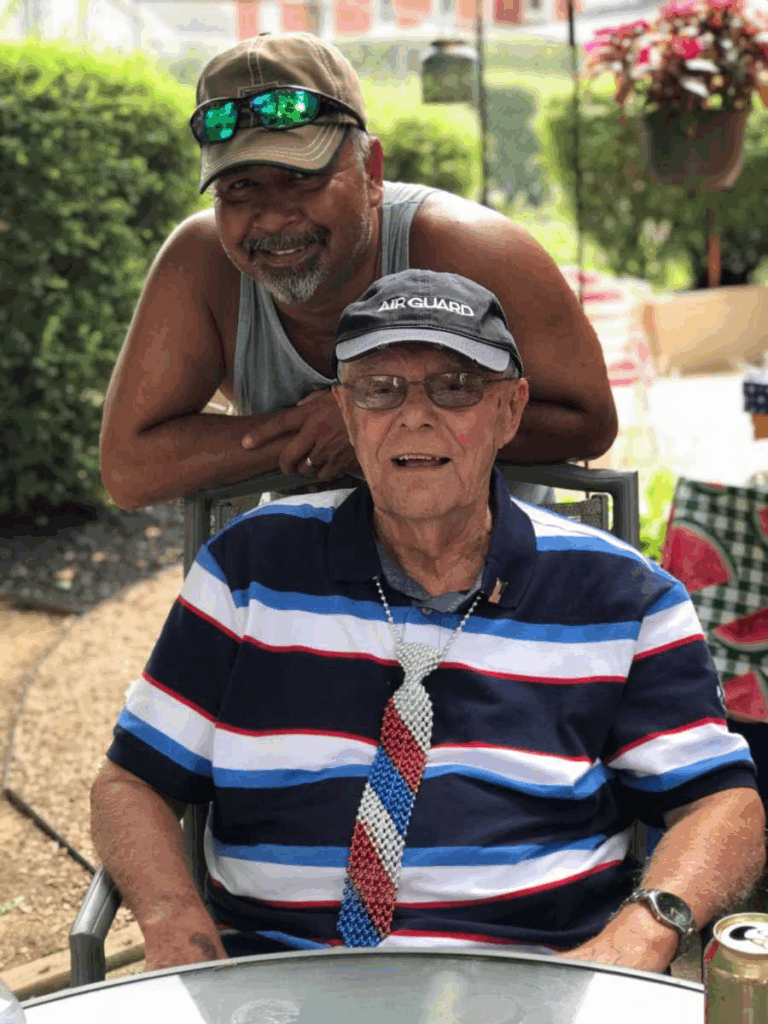
They ended up at a walk-in clinic first. An EKG showed something a little off but not panic-worthy. Still, the doctor recommended they head to the emergency room for more tests. No ambulance, just a suggestion. Kris drove him over. Back at home, life tried to go on. Mom, her sister, and the caregiver went to the pool. She hadn’t dipped her feet in the water for more than a year, maybe two. They lifted her wheelchair to the edge and helped her sit on the steps with her legs in the water. For a moment she looked happy, legs swishing, the sun on her face. Nobody mentioned Carl. Everyone was silently debating who would break the news he wouldn’t be home that night.
At the hospital, tests went on for hours. Because Carl was 89, they decided to keep him overnight for observation. Kris stayed until Carl was in a room. Carl didn’t like being at the hospital overnight. He didn’t like that nobody brought his wife to see him. He didn’t like trying to sleep alone with machines humming. He was a man who had built his life on routine, on being next to his wife, and everything about that night felt wrong.
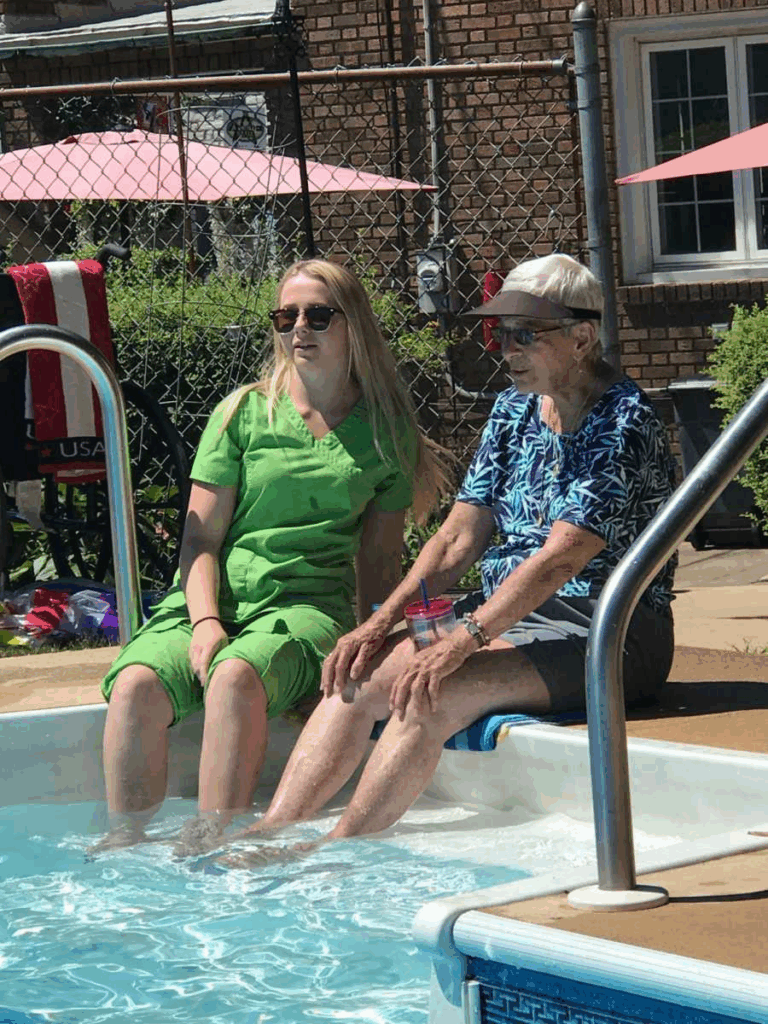
Morning came. The family got Mom ready and drove her to see him. Doctors moved in and out of the room with updates. Eventually Carl was cleared to go home. Everyone thought this would be the moment he relaxed. It wasn’t. Back at the house Carl launched into a detailed explanation of everything that had been done to him at the hospital, trying to make his wife understand. She couldn’t. She wouldn’t. He grew agitated as his children tried to quiet him. He had been scared, and his wife had not been there. He had not slept. He was not himself.
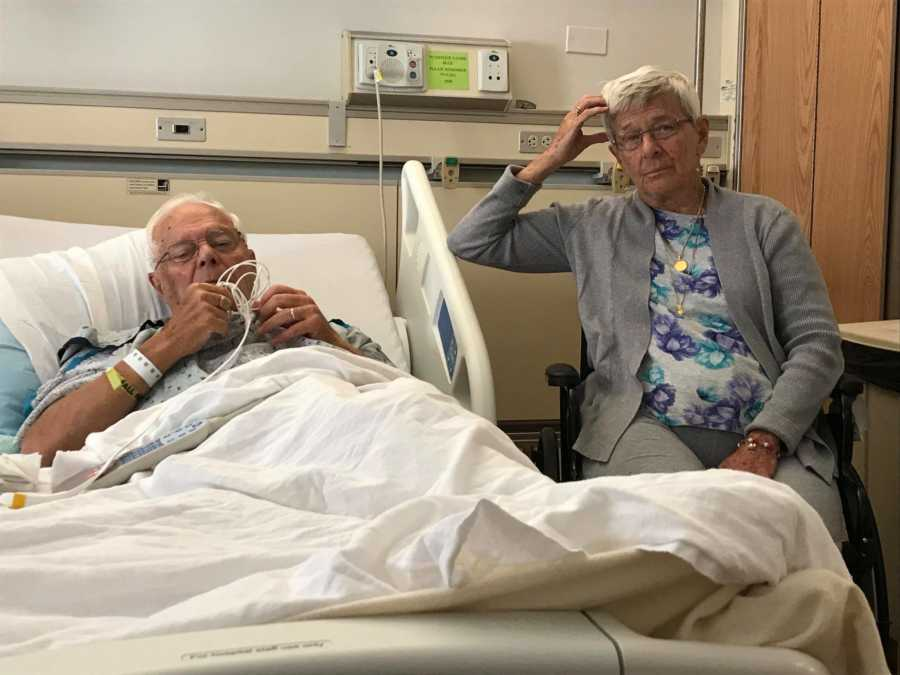
One of his daughters stayed out of the chaos. She got updates by text, none of them good. “Are you stopping in?” her sister asked. “No way,” she replied, “do you think I’m crazy?” She went straight home. By the next morning, things had settled into a familiar rhythm. Mom sat next to Carl, rubbing his head. He dozed off. Every time he drifted, she asked, “Are you tired, Carl?” and he would wake up, mumble “Yep,” and close his eyes again, only to be woken once more. He didn’t seem annoyed. For Carl, it was just another day of love and interruptions, another day of being a husband.
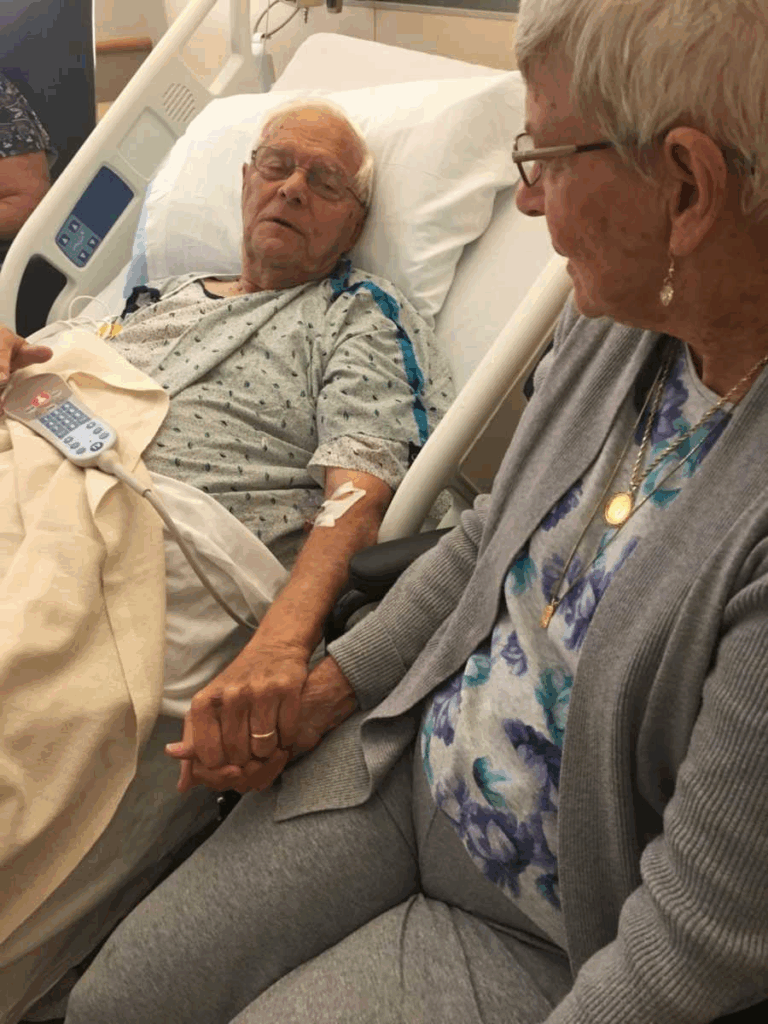
Tomorrow his daughters plan to sneak him out for a follow-up appointment. They hope to distract their mother long enough to get him out the door. They know it might not work. But they keep trying. Because this is what family looks like in the middle of dementia, exhaustion, hospital visits, and small, quiet acts of care. Carl didn’t like being at the hospital overnight. He didn’t like being away from his wife. But at home, sitting next to her while she rubbed his head, he was exactly where he belonged.
